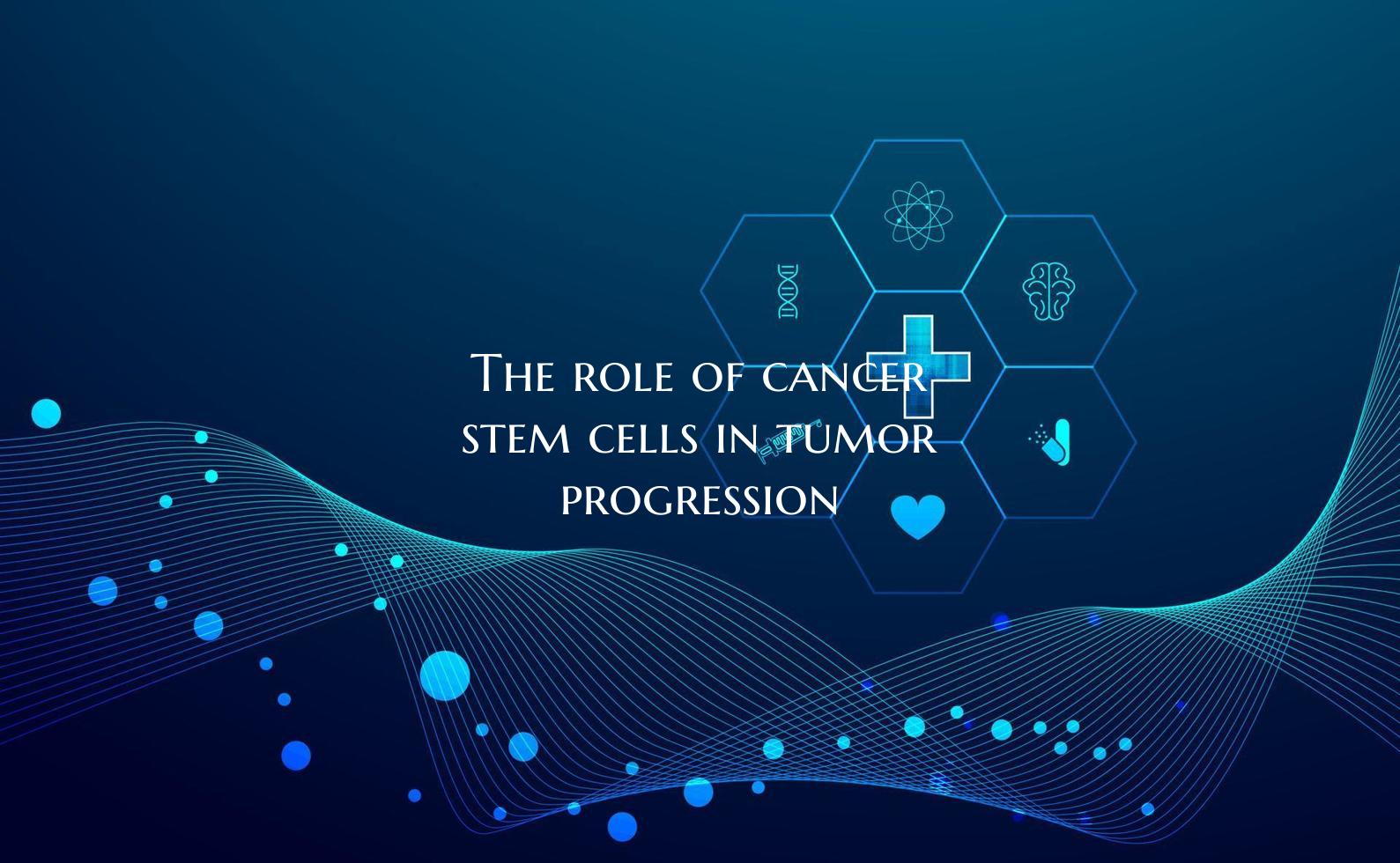
The role of cancer stem cells in tumor progression
Cancer stem cells (CSCs) have emerged as a crucial component in the development and progression of various types of cancer. These cells, characterized by their self-renewal capacity and ability to differentiate into different cell types within a tumor, play a significant role in driving tumorigenesis, treatment resistance, and metastasis.
One of the key features of CSCs is their capacity for self-renewal, which allows them to generate heterogeneous populations of cancer cells within a tumor. This hierarchical organization within the tumor microenvironment gives CSCs the ability to continuously fuel tumor growth and promote resistance to conventional cancer therapies.
Moreover, CSCs have been implicated in the process of metastasis, where cancer cells spread from the primary tumor to distant sites in the body. The stem-like properties of CSCs, such as their ability to undergo epithelial-to-mesenchymal transition (EMT), enhance their migratory and invasive capabilities, facilitating the dissemination of cancer cells and the formation of secondary tumors.
Additionally, CSCs have been associated with treatment resistance, as these cells are often less susceptible to standard therapies such as chemotherapy and radiation. Their quiescent nature, enhanced DNA repair mechanisms, and overexpression of drug efflux transporters contribute to their ability to survive and repopulate the tumor after treatment, leading to disease recurrence.
Understanding the role of CSCs in tumor progression is essential for developing targeted therapies that specifically eliminate these cells and prevent cancer recurrence and metastasis. By targeting the unique pathways and vulnerabilities of CSCs, researchers aim to disrupt the self-renewal and differentiation processes that drive tumor growth and progression, ultimately improving the outcomes for cancer patients.
In conclusion, cancer stem cells play a significant role in tumor progression by driving tumorigenesis, promoting metastasis, and contributing to treatment resistance. Further research into the biology of CSCs and the development of novel therapeutic strategies targeting these cells hold promise for more effective cancer treatment and management in the future.